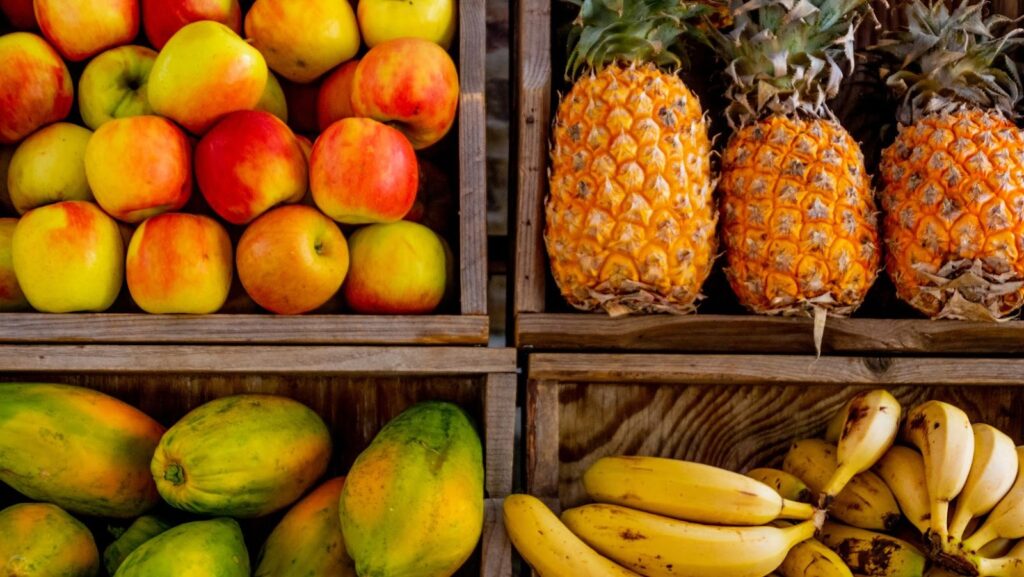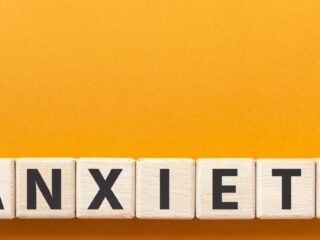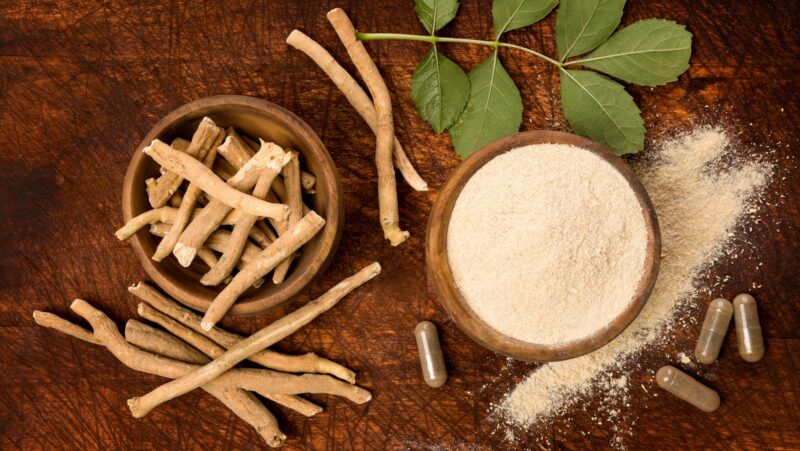
When it comes to a healthy diet, vitamins are essential nutrients that your body needs in order to function properly. They play a vital role in many of the body’s processes, including metabolism, growth and repair.
There are 13 essential vitamins that your body needs, which can be divided into two main groups:
- Water-soluble vitamins: These include Vitamin C and the B-complex vitamins (thiamine, riboflavin, niacin, pantothenic acid, biotin, folic acid, vitamin B6 and vitamin B12). Water-soluble vitamins are not stored in the body and need to be consumed daily.
- Fat-soluble vitamins: These include Vitamins A, D, E and K. Fat-soluble vitamins are stored in the body’s fatty tissue and can be used when needed.
It is Important to Ensure That Your Diet is Adequately Rich in Vitamins Because ________.
If you don’t get enough vitamins from your diet, it can lead to a number of health problems. For example, a vitamin C deficiency can cause scurvy, while a lack of vitamin D can lead to osteoporosis.
Getting enough vitamins is especially important for people who have certain medical conditions, such as Crohn’s disease or celiac disease, as these can make it difficult to absorb nutrients from food.
Vitamins are also important for pregnant women and their developing babies. For example, a lack of folic acid can lead to a birth defect called neural tube defect.
The best way to ensure that you’re getting enough vitamins is to eat a healthy, balanced diet that includes a variety of foods from all the food groups.
In addition, some people may need to take vitamin supplements to make sure they’re getting enough of certain vitamins. For example, older adults and people who don’t get much sun exposure may need to take a vitamin D supplement.
If you’re considering taking a vitamin supplement, it’s important to speak to your doctor first as they can advise you on whether or not it’s necessary, and if so, which one would be best for you.
How to Pick Vitamin Rich Food?
When it comes to getting your vitamins from food, there are a few things to keep in mind.
First, it’s important to eat a variety of different foods to get all the vitamins your body needs. This means eating a balance of fruits, vegetables, whole grains, lean proteins, dairy and healthy fats.
Second, certain cooking methods can destroy vitamins. For example, boiling vegetables can cause water-soluble vitamins like vitamin C to leach out into the water. Steaming or microwaving vegetables is a better option as it helps preserve their nutrients.
Finally, some foods are fortified with vitamins and minerals. This means that they have had additional vitamins and minerals added to them. For example, many breakfast cereals are fortified with vitamin D, and some types of milk are fortified with calcium and vitamin D.
When choosing foods that are rich in vitamins, it’s important to read the label to see how much of each vitamin is in a serving. This will help you make sure you’re getting enough of each vitamin from your diet.
What are the Best Food Sources of Vitamins?
There are many different foods that are rich in vitamins. Here are some examples:
- Vitamin A: Dairy products, eggs, dark green leafy vegetables, orange and yellow fruits and vegetables, liver
- Vitamin B12: Dairy products, eggs, meat, poultry, fish
- Vitamin C: Citrus fruits, tomatoes, potatoes, broccoli, Brussels sprouts
- Vitamin D: Dairy products, eggs, fatty fish
- Vitamin E: Nuts and seeds, vegetable oils, leafy green vegetables
- Vitamin K: Dark green leafy vegetables, broccoli, Brussels sprouts












